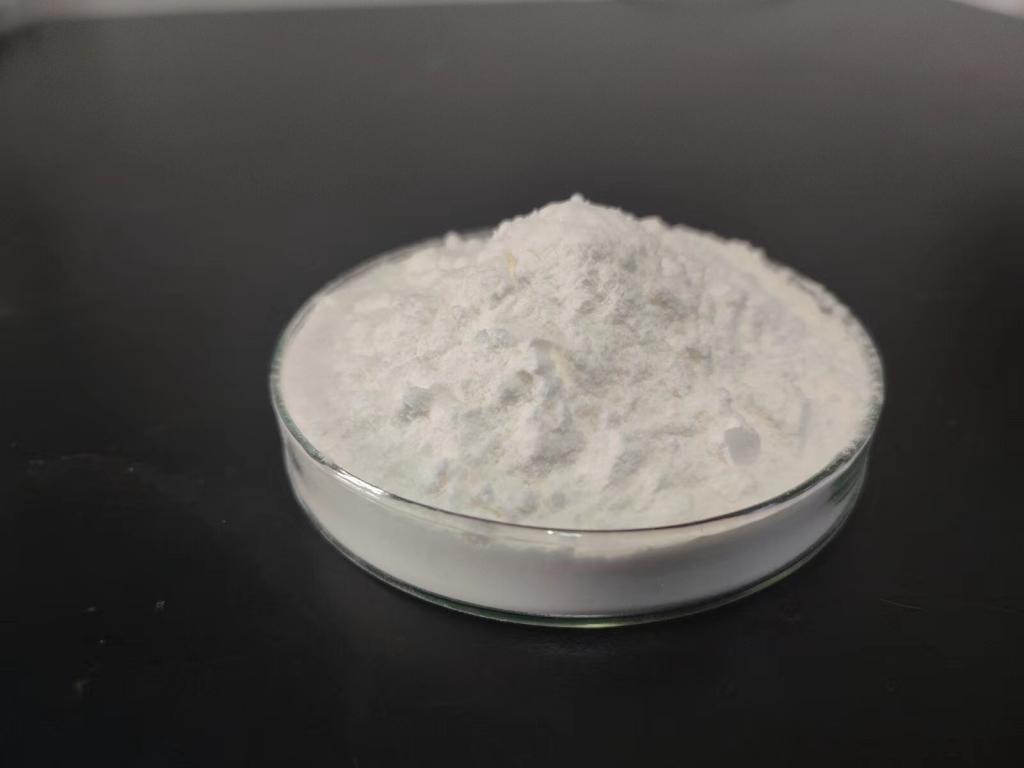Tel:+8618231198596

News
 CONTACT
CONTACT
 CONTACT
CONTACT
- Linkman:Linda Yao
- Tel: +8618231198596
- Email:linda.yao@dcpharma.cn
- Linkman:CHARLES.WANG
- Department:Overseas
- Tel: 0086 0311-85537378 0086 0311-85539701
News
ε-Polylysine hydrochloride's potential in extending the shelf life of dairy products.
TIME:2023-08-18
Introduction:
Dairy products, renowned for their nutritional value and versatility, are prone to spoilage due to microbial growth. The quest for safe and high-quality dairy products with extended shelf life has driven researchers to explore novel preservation strategies. ε-Polylysine hydrochloride, a polypeptide derived from Streptomyces albulus, has demonstrated strong antimicrobial activity against bacteria, yeasts, and molds. This article delves into the potential of ε-polylysine hydrochloride as a natural preservative in dairy and dairy-based products.
1. Antimicrobial Properties of ε-Polylysine Hydrochloride:
ε-Polylysine hydrochloride's antimicrobial activity arises from its ability to disrupt the cell membranes of microorganisms, leading to cell death. Its efficacy against both Gram-positive and Gram-negative bacteria, as well as fungi, positions it as a potent antimicrobial agent for inhibiting spoilage and pathogenic organisms in dairy products.
2. Application Methods in Dairy Preservation:
ε-Polylysine hydrochloride can be incorporated into dairy products using various methods, including:
Direct Addition: ε-Polylysine hydrochloride can be directly added to dairy formulations during processing. Its solubility and stability make it suitable for integration into a wide range of dairy products.
Coating and Edible Films: Coating dairy products or packaging materials with ε-polylysine hydrochloride can provide a protective barrier against microbial contamination, thereby extending shelf life.
Spray and Dip Treatments: Spraying or dipping dairy products with ε-polylysine hydrochloride solutions can effectively reduce microbial load and enhance product safety.
3. Impact on Product Quality:
Research suggests that ε-polylysine hydrochloride has minimal impact on the sensory attributes, nutritional composition, and texture of dairy products when used within recommended concentrations. This makes it an attractive option for extending shelf life without compromising product quality.
4. Current Research and Applications:
Studies focusing on ε-polylysine hydrochloride's efficacy in dairy preservation have yielded promising results. For instance, its incorporation into yogurt has been shown to inhibit the growth of spoilage bacteria and extend shelf life. Similarly, incorporating ε-polylysine hydrochloride into cheese coatings has demonstrated enhanced microbial safety.
5. Challenges and Future Prospects:
Despite its potential, the utilization of ε-polylysine hydrochloride in dairy preservation presents certain challenges:
Regulatory Approval: Regulatory approvals for ε-polylysine hydrochloride's use in dairy products may vary by region and require comprehensive safety assessments.
Consumer Perception: Educating consumers about the safety and benefits of ε-polylysine hydrochloride in dairy products is essential for market acceptance.
Optimal Usage: Determining the optimal concentration and application method for different dairy products is crucial for achieving effective preservation.
6. Conclusion:
ε-Polylysine hydrochloride's potential in extending the shelf life of dairy and dairy-based products holds promise for the dairy industry. Its natural origin, potent antimicrobial activity, and limited impact on product quality make it an attractive alternative to traditional preservatives. As research continues to advance and challenges are addressed, ε-polylysine hydrochloride could become a valuable tool for enhancing the safety and shelf life of dairy products, contributing to both consumer satisfaction and reduced food waste.
- Tel:+8618231198596
- Whatsapp:18231198596
- Chat With Skype







